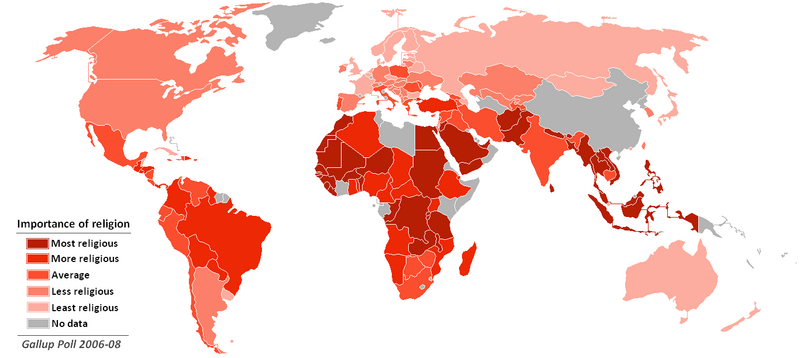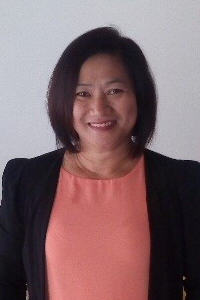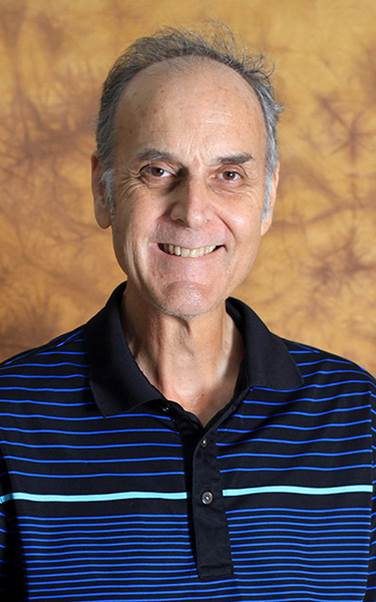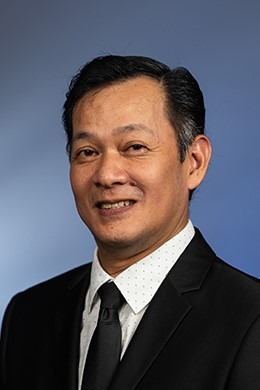
MSSN 540 WORLD RELIGIONS
A study of the development and beliefs of major world religions. Special consideration is given to their contemporary forms and settings, with the aim of facilitating an understanding of the religious experience of potential recipients of the gospel. (Identical to THST 540/640)
Units: 3
The course is a study of the historical development, beliefs, and practices of selected classical world religions (Christianity, Buddhism, Confucianism, Hinduism, Islam, Taoism, Sikhism, Judaism, and Shinto). Special focus will be given on their modern manifestation and influence in the countries of Indonesia, Japan, Myanmar, Thailand, China, and other countries in the 10/40 Window. This course will explain the divergent and confluent paths of the world religions and their influence in the countries affected by their customs and teachings.
|
WHO NEEDS THIS COURSE? Graduate students:
This course may also be taken by
|
TIME INVESTMENT A minimum of 18 hours/week for approximately 2 months |
COURSE OUTCOMES
Upon completion of this course, the students will be able to:
- Trace the historical events, figures, and development of selected major world religions.
- Analyze the beliefs and practices of the selected major world religions, particularly in their contemporary forms and settings.
- Demonstrate an understanding of the religious experience of adherents of the selected major world religions.
- Compare and contrast the teachings of these major world religions to Christianity in terms of ultimate concerns, meaning of life, and solution to the problem of humanity.
- Formulate a presentation of the gospel for each of the studied major world religions.
- Develop an appreciation for and sensitivity to the worldview of different world religions.
TOPICS TO COVER
| Week 1 |
Introduction, Christianity and World Religions |
| Week 2 |
Islam |
| Week 3 |
Hinduism |
| Week 4 |
Buddhism |
| Week 5 |
Sikhism and Jainism |
| Week 6 |
Judaism and Baha’i-Faith |
| Week 7 |
Daoism and Confucianism |
| Week 8 |
Shintoism and Zoroastrianism |
| Week 9 |
Conclusion and Evaluation |
COURSE FACILITATOR
 |
ERMELA TINA DIZON, MAMin-ICS, DIS (candidate) Ermela (Maila) Dizon comes from the Philippines. She has been a guest teacher of the Theological Seminary at the Adventist International Institute of Advanced Studies since 2017. She also taught as an adjunct professor at the Adventist University of the Philippines (teaching mission courses) for four years. She earned her Masters of Arts in Ministry-Intercultural Studies at AIIAS and is currently writing her dissertation for the Doctor of Intercultural Studies degree at Andrews University, Michigan, USA. Prior to her calling in the teaching ministry, she served in a missionary organization called Philippine Frontier Missions (PFM) as an executive director for 10 years. She was actively involved in missions – training and supervising missionaries in planting churches among unreached people groups in the different parts of the Philippines. Overall, she has served PFM for 25 long years. She is married to Dr. Abner Dizon, one of the associate professors of mission at AIIAS. Her areas of interest are in world mission, leadership and administration, and missionary spirituality. |
COURSE DEVELOPERS
 |
JAMES PARK, PhD Dr. James Park is the original developer of this online course. He is an experienced pastor and professor who has been actively engaged in discipleship, church growth and missions. Prior to his retirement, he served AIIAS as the director of the Seminary Online Learning Program as well as the director for the Master of Arts in Ministry. |
 |
ABNER DIZON, DMiss Dr. Abner P. Dizon is an associate professor of World Mission and Islamic Studies of the Theological Seminary at the Adventist International Institute of Advanced Studies (AIIAS). He serves as program director for MA in Ministry – Intercultural Studies and Doctor in Missiology/ Intercultural Studies. He is also the current Seminary coordinator for Distributed Learning Center (DLC) at AIIAS. He has a rich experience in mission and evangelism through the Philippine Frontier Mission (PFM). In fact, he served as an editor, executive director and research and training director at PFM for more than a decade. He earned his Doctor of Missiology at the Philippine Christian University and his MA in Religion at the Adventist International Institute of Advanced Studies. Currently, he is pursuing his PhD in Intercultural Studies at Asia Graduate School of Theology, Manila, Philippines. He has written some books and other research articles related to mission, evangelism and world religion. |
